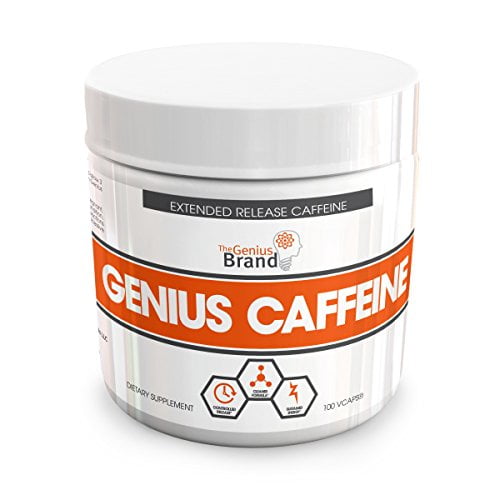

If caffeine in its pure form is added to a product, however, there is a requirement to add the word "caffeine" to the label's ingredient listing. In the United States, there is no requirement to state the amount of caffeine present in a food, beverage or supplement on the product's label. dietary supplement market.Ĭaffeine is a natural alkaloid that occurs not only in tea and coffee, but also in more than 60 other plants and in plant derivatives known as "botanicals." These botanicals, such as guarana, yerba mate, kola nut and green tea extract, are common dietary-supplement ingredients and are printed on the label's ingredient list. Now, Agricultural Research Service (ARS) scientists in Beltsville, Md., have analyzed a number of caffeine-containing products to explore caffeine levels in segments of the U.S. What they may not know is that some of these supplements contain caffeine, even if it’s not listed on the label. Photo courtesy of Microsoft Clipart.Īnalyzing Caffeine in Selected Dietary Supplements By Rosalie Marion BlissĪbout half of adults in the United States report consuming dietary supplements regularly.

For comparison, there are 95 milligrams of caffeine in a cup of coffee. Read the magazine story to find out more.Īmong 53 dietary supplements analyzed by ARS, caffeine levels ranged from about zero to 800 milligrams per serving.


 0 kommentar(er)
0 kommentar(er)
